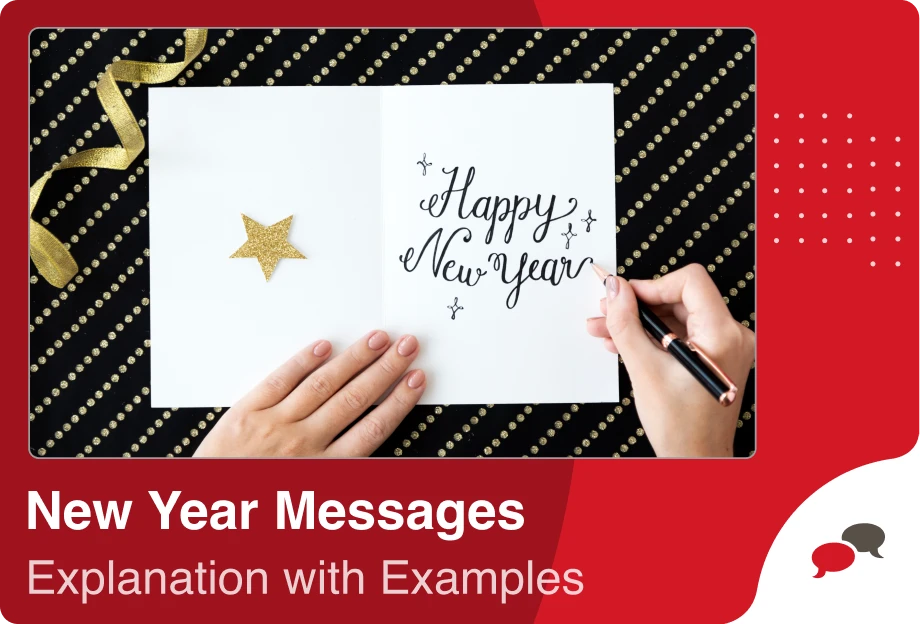Tag questions are an essential part of English conversation, helping to confirm information or encourage a response from the listener. They are short questions added to the end of a statement, transforming it into a question. For example, “You’re coming to the party, aren’t you?” combines a statement with a tag to invite agreement or clarification. Understanding how to use tag questions correctly is crucial for natural and fluent communication in English. This guide will explain their structure, rules, and usage, making them easy to incorporate into your everyday conversations.
What are Tag Questions?
Tag questions are short questions added to the end of a statement, typically used to confirm information, seek agreement, or prompt a response from the listener. They are a common feature of spoken English and help make conversations more interactive and engaging. For example, in the sentence “It’s a nice day, isn’t it?” the tag question “isn’t it?” checks if the listener agrees with the statement. Tag questions are usually formed by taking the auxiliary or modal verb from the main sentence and flipping its polarity—positive to negative or negative to positive. Learning to use tag questions correctly can make your English sound more natural and conversational.
Forming and Using Question Tags in Positive Sentences
Question tags are often added to positive sentences to seek confirmation or agreement. In these cases, the tag is typically negative. For instance, in the sentence: “You’re coming to the meeting, aren’t you?”, the statement is positive, and the tag is the negative form of the auxiliary verb (“aren’t”). This structure makes the sentence conversational and encourages a response.
Present Simple Tense
If the verb is in the Present Simple Tense use do/does for the question tag.
– You like ice cream, don’t you?
– She speaks French, doesn’t she?
– They play football every weekend, don’t they?
– He works at a bank, doesn’t he?
– We live in Istanbul, don’t we?
Past Simple Tense
If the verb is in the Past Simple Tense use did for the question tag.
– He played football, didn’t he?
– She watched the movie last night, didn’t she?
– They went to the park, didn’t they?
– He finished his homework, didn’t he?
– We saw the new teacher, didn’t we?
Present Continuous Tense
If the verb is in the Present Continuous Tense use is/are with the contracted negative form in the tag.
– She is reading a book, isn’t she?
– She is cooking dinner, isn’t she?
– They are playing football, aren’t they?
– He is watching TV, isn’t he?
– We are studying for the biology exam, aren’t we?
Past Continuous Tense
If the verb is in the Past Continuous Tense use was/were for the question tag.
– They were working late, weren’t they?
– She was listening to music, wasn’t she?
– They were playing basketball, weren’t they?
– We were waiting for the bus, weren’t we?
– He was studying for the test, wasn’t he?
Present Perfect Tense
If the verb is in the Present Perfect Tense use has/have for the question tag.
– You have finished your homework, haven’t you?
– She has seen that movie before, hasn’t she?
– They have visited the museum, haven’t they?
– He has worked here for five years, hasn’t he?
– We have already eaten, haven’t we?
Past Perfect Tense
If the verb is in the Past Perfect Tense use had for the question tag.
– He had gone to the store, hadn’t he?
– She had finished the project, hadn’t she?
– They had visited the new restaurant, hadn’t they?
– He had seen that movie before, hadn’t he?
– We had talked about it earlier, hadn’t we?
Future Tense
If the verb is in the Future Tense use will for the question tag.
– They will join us, won’t they?
– She will help us with the project, won’t she?
– They will finish their homework by 6 PM, won’t they?
– He will arrive on time, won’t he?
– We will meet at the café, won’t we?
Modal Verbs
Use the same modal verb with the contracted negative form:
– She can drive, can’t she?
– You should go out tonight, shouldn’t you?
– They must leave early, mustn’t they?
– We could try again, couldn’t we?
Forming and Using Question Tags in Negative Sentences
To form a question tag for a negative sentence, you need a positive tag. The tag uses the same auxiliary or modal verb as the main sentence, but the polarity is reversed. For example, if the sentence is negative (e.g., “isn’t,” “doesn’t,” “won’t”), the question tag will be positive (e.g., “is,” “does,” “will”). Always ensure the subject in the question tag matches the subject in the main sentence. This creates a balanced and grammatically correct structure, such as “She doesn’t know him, does she?”
Present Simple Tense
In negative Present Simple Tense sentences, use do or does in the positive question tag.
– You don’t like coffee, do you?
– She doesn’t enjoy swimming, does she?
– They don’t have any pets, do they?
– He doesn’t speak French, does he?
– We don’t need to hurry, do we?
Past Simple Tense
In negative Past Simple Tense sentences, use did in the positive question tag.
– She didn’t go to the party, did she?
– She didn’t watch the movie, did she?
– They didn’t like the restaurant, did they?
– He didn’t call you, did he?
– We didn’t have breakfast this morning, did we?
Present Continuous Tense
In negative Present Continuous Tense sentences, use isn’t or aren’t in the positive question tag.
-He isn’t coming to the meeting, is he?
– She isn’t studying for the exam, is she?
– They aren’t playing outside, are they?
– He isn’t working today, is he?
– We aren’t watching TV, are we?
Past Continuous Tense
In negative Past Continuous Tense sentences, use wasn’t or weren’t in the positive question tag.
– They weren’t watching the movie, were they?
– She wasn’t watching TV, was she?
– They weren’t playing football, were they?
– He wasn’t working at that time, was he?
– We weren’t waiting for the bus, were we?
Present Perfect Tense
– In negative Present Perfect Tense sentences, use haven’t or hasn’t in the positive question tag.
– You haven’t seen that movie, have you?
– You haven’t finished your homework, have you?
– She hasn’t called me, has she?
– They haven’t received the email, have they?
– He hasn’t been to Paris, has he?
Past Perfect Tense
In negative Past Perfect Tense sentences, use hadn’t in the positive question tag.
– He hadn’t finished the report, had he?
– You hadn’t finished your lunch, had you?
– She hadn’t seen that movie, had she?
– They hadn’t visited the museum, had they?
– He hadn’t called you, had he?
Future Tense
In negative Future Tense sentences, use won’t in the positive question tag.
– We won’t be late, will we?
– You won’t forget to call me, will you?
– She won’t join the meeting, will she?
– They won’t arrive on time, will they?
– He won’t finish his homework today, will he?
Modal Verbs
In negative sentences with modals, use the same modal verb in the positive question tag.
– You can’t go there, can you?
– She shouldn’t be late, should she?
– They mustn’t tell anyone, must they?
– He couldn’t solve the problem, could he?
– We may not finish on time, may we?
Frequently Asked Questions About What are Tag Questions and How Do You Use Them
Why are tag questions important?
Tag questions are crucial in everyday conversations to check understanding, seek agreement, or make polite requests. They make interactions more engaging and cooperative.
Can I use tag questions in formal settings?
Yes, tag questions can be used in both formal and informal settings. However, in formal communication, they are often used more sparingly and for confirmation rather than casual agreement.
Are there exceptions in forming tag questions?
Yes, with some imperatives or sentences without auxiliary verbs, special forms like will you or aren’t you may be used. For example:
– Let’s go, shall we?
– Pass the salt, won’t you?
How can tag questions improve my English?
Using tag questions helps improve fluency by making your speech more interactive and natural. It’s also a great way to practice grammar, especially with auxiliary and modal verbs.
Would you like to put what you have learned into practice? You can access everything you need to learn English on a single platform! With 25-minute one-on-one live English lessons, 40-minute group lessons, more than 30,000 interactive videos, vocabulary learning tools, AI-supported tutor MiMi, quizzes, and interactive activities, EnglishCentral offers its users a personalized and quality education plan at an affordable price. How about registering for EnglishCentral now and starting to learn English?











